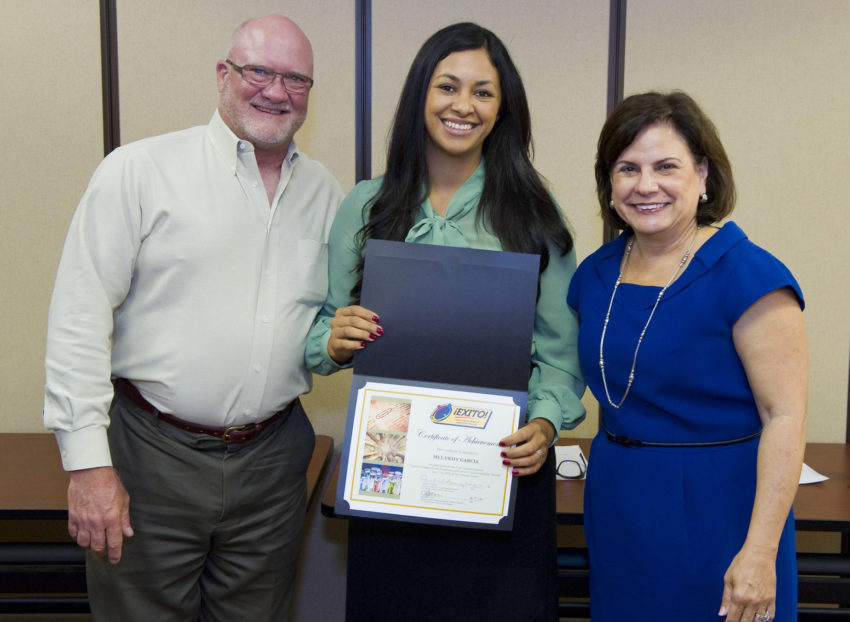Racial Bias Diminishes Latinos’ Optimism over Time

SaludToday Guest Blogger: Barbara Ferrer Chief Strategy Officer, W.K. Kellogg Foundation Migration of Latino families to America is an inspiring story of men, women and children leaving their native countries, often searching for better opportunities and safety for their families. Yet, the W.K. Kellogg Foundation’s recent poll of Latino families also reveals that a different narrative develops - frustration from racism and discrimination is wearing down Latinos over time in the United States. The newest Latino immigrants are brimming with hope, as they pursue opportunities to better educate their children, improve personal finances and find affordable housing. Meanwhile, those who have travelled a similar path – Latinos with generations of family roots in the U.S., as ...
Read More
